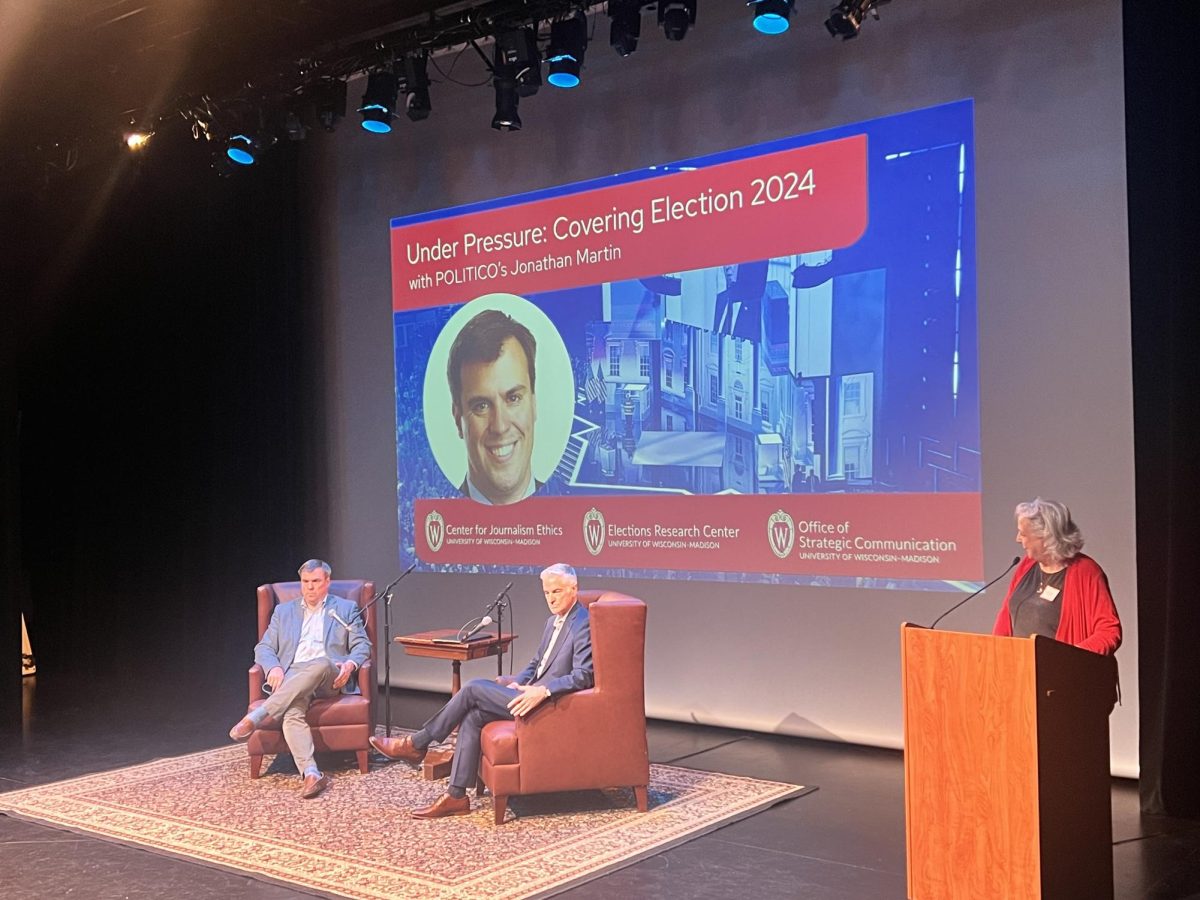When Harvard University President Lawrence H. Summers’ controversial remarks regarding the place of women in science and mathematics emerged mid-January, academics from around the country clamored for a retraction of the statement.
Despite the outrage, however, Summers’ remarks have opened a new examination of women in the field of science and “intrinsic” factors. While many scholars from around the country reacted negatively to the Harvard president’s comments, some evaluated the comments positively.
According to University of Wisconsin women’s studies and plant studies professor Caitilyn Allen, there is no proof men and women vary in terms of innate intellectual tendencies.
“This is an area of interest to biologists since the 19th century,” Allen said. “There have certainly been many researchers who have advanced the idea, but their experimental data has not stood the test of time in many cases.”
Allen said the current biological data concerning gender differences is gathered using brain-scan technology, but these experiments can often be misinterpreted.
“All of these experiments are muddied by the fact we don’t really know how the brain works and which parts of the brain are doing what functions,” Allen said.
At a meeting for the National Bureau of Economics Research Jan. 14, Summers claimed women’s weak representation in the math and sciences could possibly be attributed to innate differences.
“In the special case of science and engineering, there are issues of intrinsic aptitude, and particularly of the variability of aptitude,” Summers said in a transcript on his website. “Those considerations are reinforced by what are in fact lesser factors involving socialization and continuing discrimination.”
Psychology professor at the University of California-Los Angeles Medical School Richard J. Haier said most researchers who study the brain would not have a problem with Summers’ statements, since the possibility of differences in male and female brains certainly does exist.
“Men and women have brains wired differently,” Haier said. “Do these lead to differences? That’s still an open question because it hasn’t been studied, but it doesn’t seem all that unlikely.”
Other studies have shown that spatial differences can be eliminated with simple teaching.
In a study done at the State University of New York, researchers discovered after simple training, girls improved their spatial capacities to match boys’.
According to Allen, educators need to take this into account when evaluating curriculums geared toward men.
“If we’re currently teaching math and spatial skills, that only works for boys and not girls,” Allen said. “I’m not personally comfortable.”
Still, University of Delaware psychologist Linda S. Gottfredson was not so sure curriculum is the reason women are underrepresented in the science world.
According to Gottfredson, worldwide, females are more often interested in people-related fields and males are interested in object-related fields. Gottfredson said fields like physics, by their nature, deal with physical objects.
“Even when girls have enough math talent for any job you can imagine, and also enjoy math, they still opt more often than boys for majors and jobs in the humanities and social sciences,” Gottfredson said.
Still, there could be other complications resulting from Summers’ comments.
According to UW psychology professor Janet Hyde, Summers’ remarks could have serious implications, since studies show when parents and teachers believe girls are worse at mathematics or science, those same sentiments can also be projected onto girls.
“There is potentially a huge cost to making casual comments like that,” Hyde said.
Still, Gottfredson said she believed Summers was acting in accordance with scholarly standards.
“I support his willingness to discuss the issue in a matter-of-fact scientific manner,” Gottfredson said. “That is what real scholars do.”







